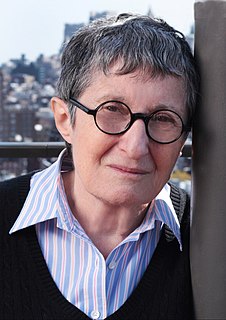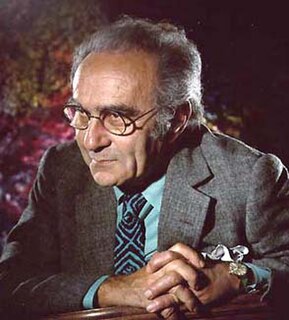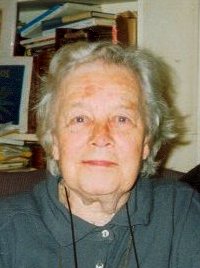 W
WPeter Ackroyd, is an English biographer, novelist and critic with a particular interest in the history and culture of London. For his novels about English history and culture and his biographies of, among others, William Blake, Charles Dickens, T. S. Eliot, Charles Chaplin and Sir Thomas More, he won the Somerset Maugham Award and two Whitbread Awards. He is noted for the volume of work he has produced, the range of styles therein, his skill at assuming different voices, and the depth of his research.
 W
WHarold Bloom was an American literary critic and the Sterling Professor of Humanities at Yale University. He is often cited as the most influential English-language critic of the late 20th century. Following the publication of his first book in 1959, Bloom wrote more than 50 books, including 20 books of literary criticism, several books discussing religion, and a novel. During his lifetime, he edited hundreds of anthologies concerning numerous literary and philosophical figures for the Chelsea House publishing firm. Bloom's books have been translated into more than 40 languages.
 W
WNancy Bogen is an American author-scholar, mixed media producer, and digital artist.
 W
WJacob Bronowski was a British mathematician and historian. He is best known for developing a humanistic approach to science, and as the presenter and writer of the thirteen part 1973 BBC television documentary series, and accompanying book, The Ascent of Man, which led to his regard as "one of the world's most celebrated intellectuals".
 W
WAllan Cunningham was a Scottish poet and author.
 W
WHerman Northrop Frye was a Canadian literary critic and literary theorist, considered one of the most influential of the 20th century.
 W
WAlexander Gilchrist, an English author, is known mainly as a biographer of William Etty and of William Blake. Gilchrist's biography of Blake is still a standard reference work about the poet.
 W
WSir Geoffrey Langdon Keynes was an English surgeon and author. He began his career as a physician in World War I, before becoming a doctor at St Bartholomew's Hospital in London, where he made notable innovations in the fields of blood transfusion and breast cancer surgery. Keynes was also a publishing scholar and bibliographer of English literature and English medical history, focusing primarily on William Blake and William Harvey.
 W
WAlicia Suskin Ostriker is an American poet and scholar who writes Jewish feminist poetry. She was called "America's most fiercely honest poet" by Progressive. Additionally, she was one of the first women poets in America to write and publish poems discussing the topic of motherhood. In 2015, she was elected a Chancellor of the Academy of American Poets. In 2018, she was named the New York State Poet Laureate.
 W
WKathleen Jessie Raine CBE was a British poet, critic and scholar, writing in particular on William Blake, W. B. Yeats and Thomas Taylor. Known for her interest in various forms of spirituality, most prominently Platonism and Neoplatonism, she was a founding member of the Temenos Academy.
 W
WHelen C. White was a professor of English at the University of Wisconsin–Madison. White twice served as the English department chair and was the first woman to become a full professor in the university's College of Letters and Science. She was also the first woman elected president of the American Association of University Professors, and a president of the American Association of University Women (AAUW), University of Wisconsin Teachers' Union, and University Club. White wrote six novels and numerous nonfiction books and articles.
 W
WWilliam Butler Yeats was an Irish poet, dramatist, prose writer and one of the foremost figures of 20th-century literature. A pillar of the Irish literary establishment, he helped to found the Abbey Theatre, and in his later years served two terms as a Senator of the Irish Free State. He was a driving force behind the Irish Literary Revival along with Lady Gregory, Edward Martyn and others.